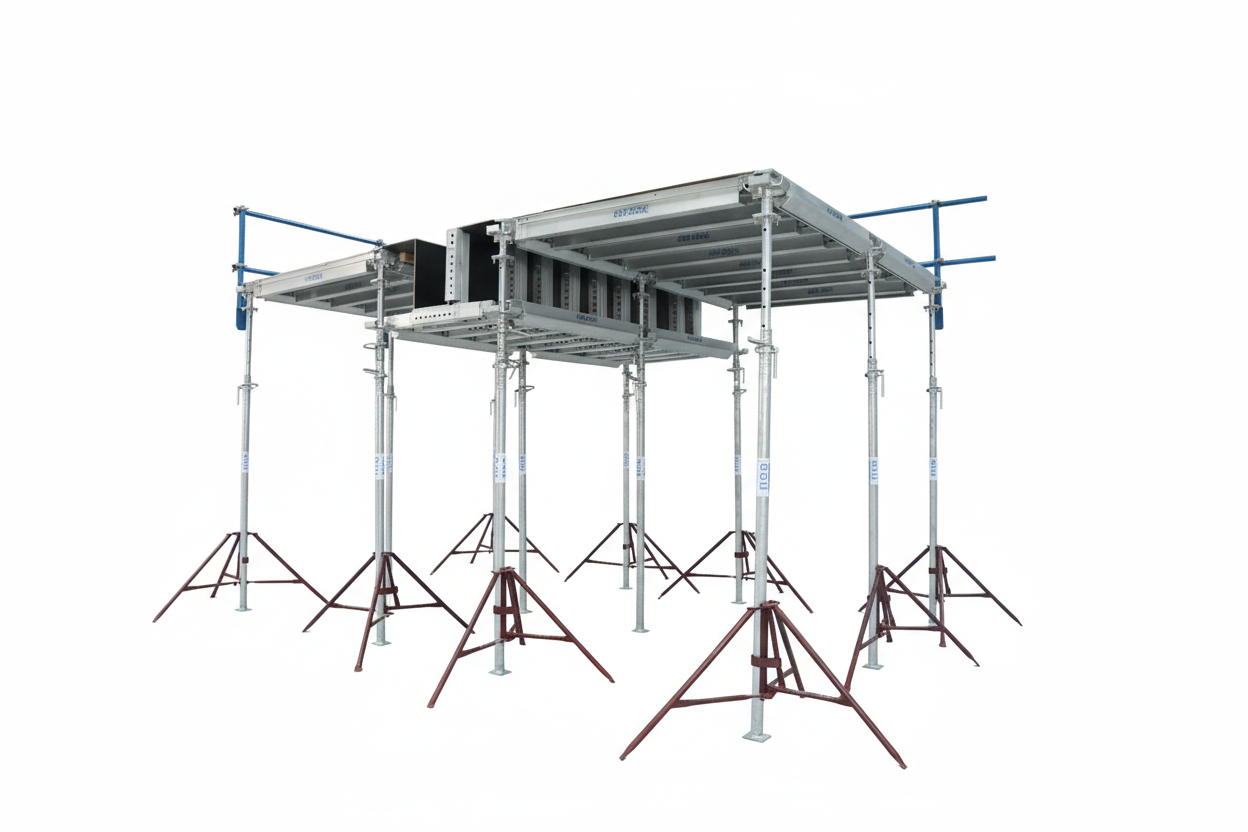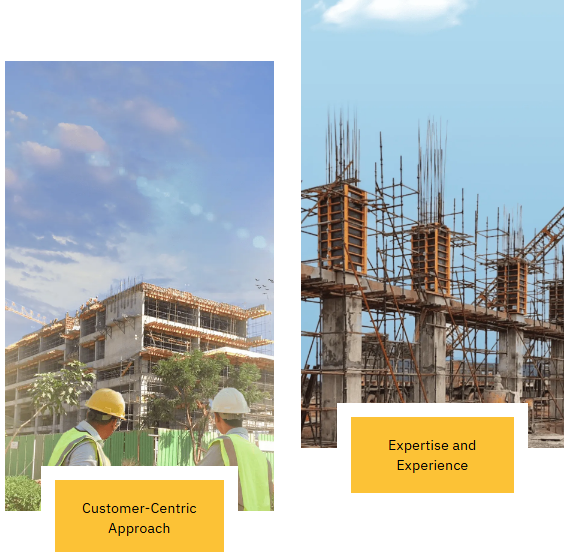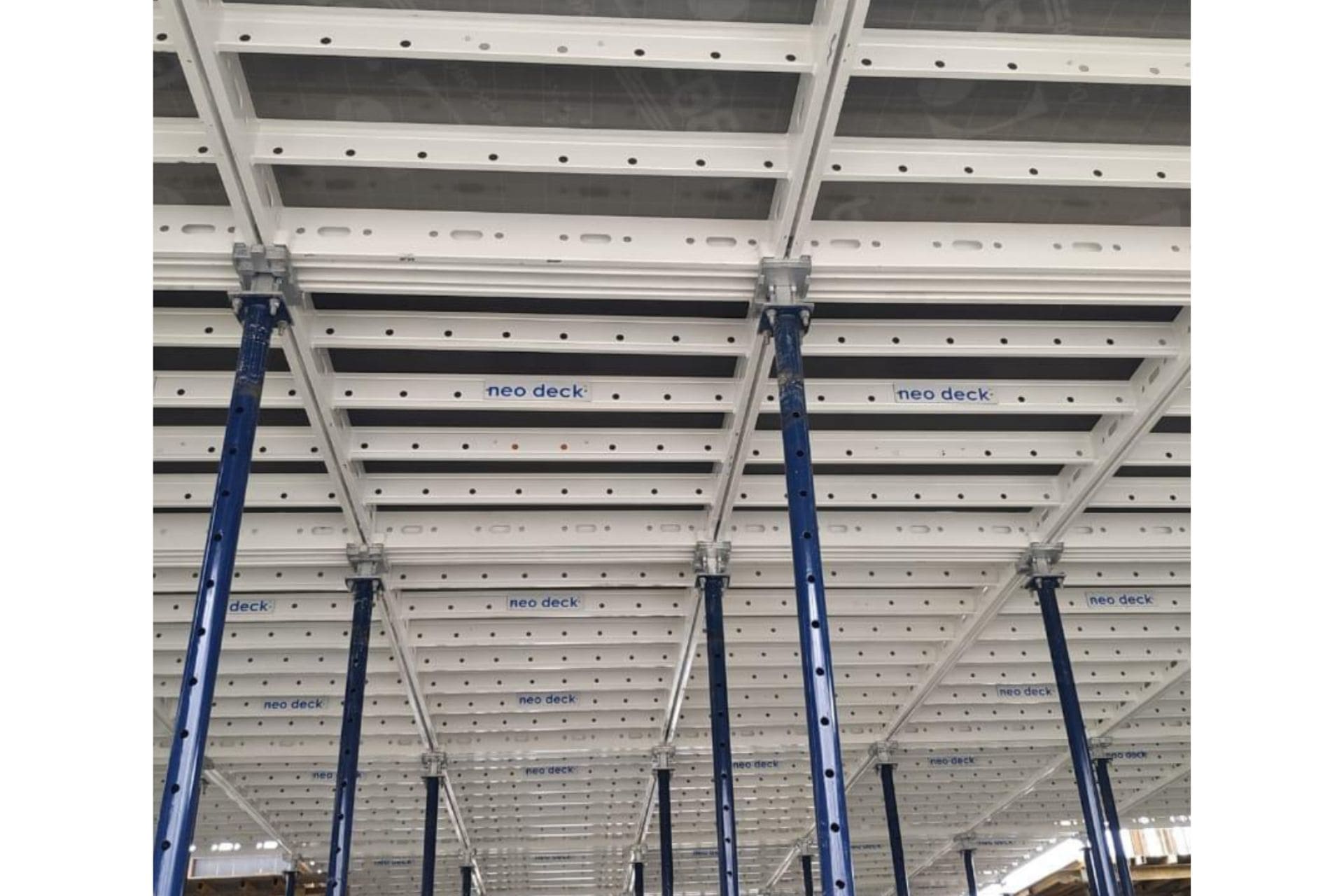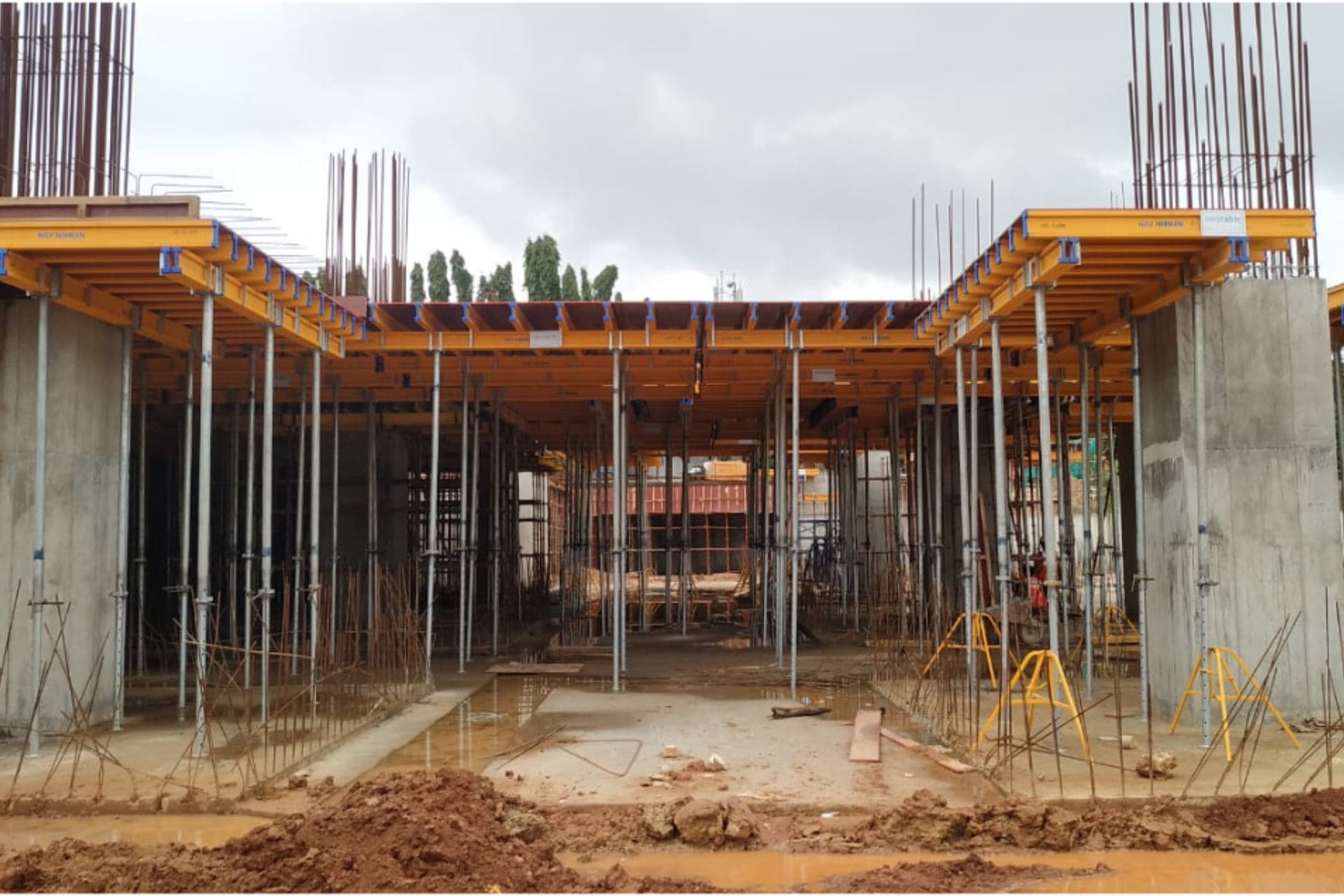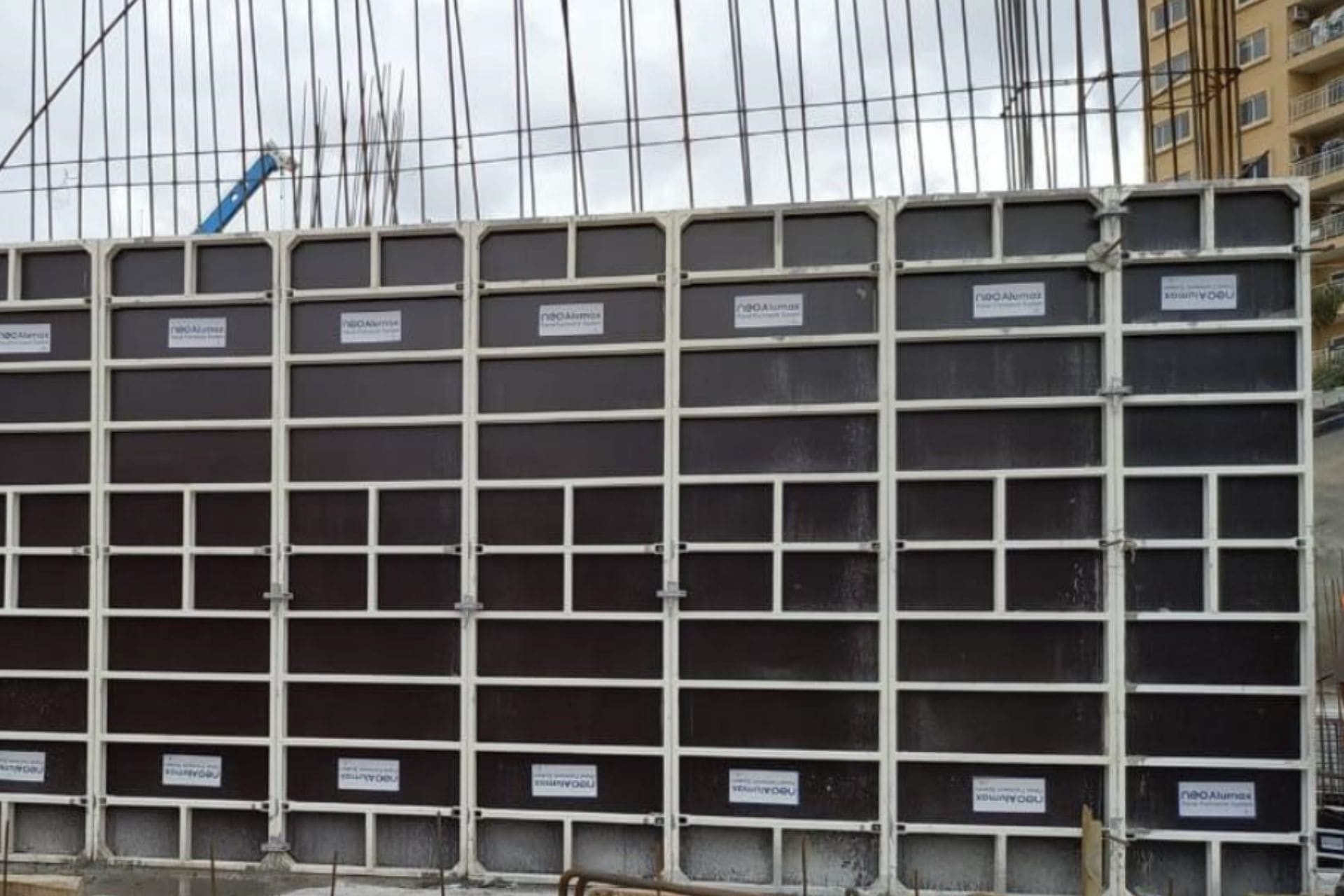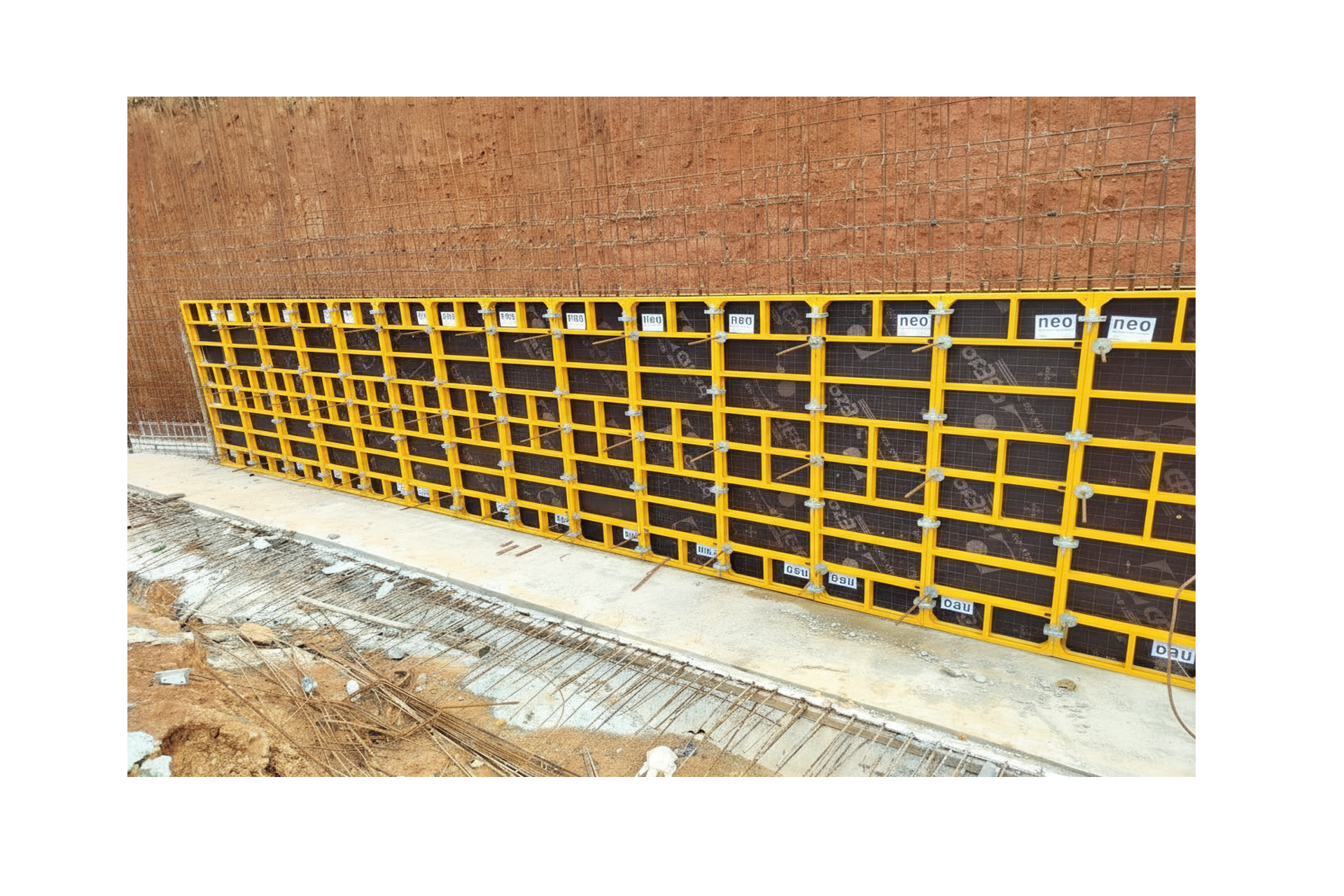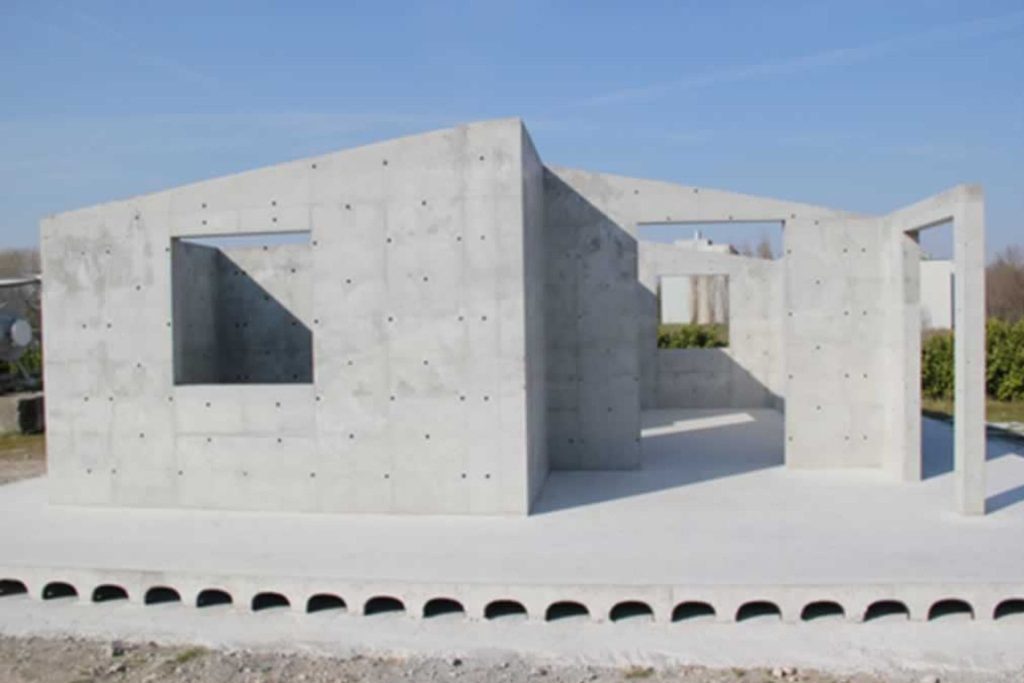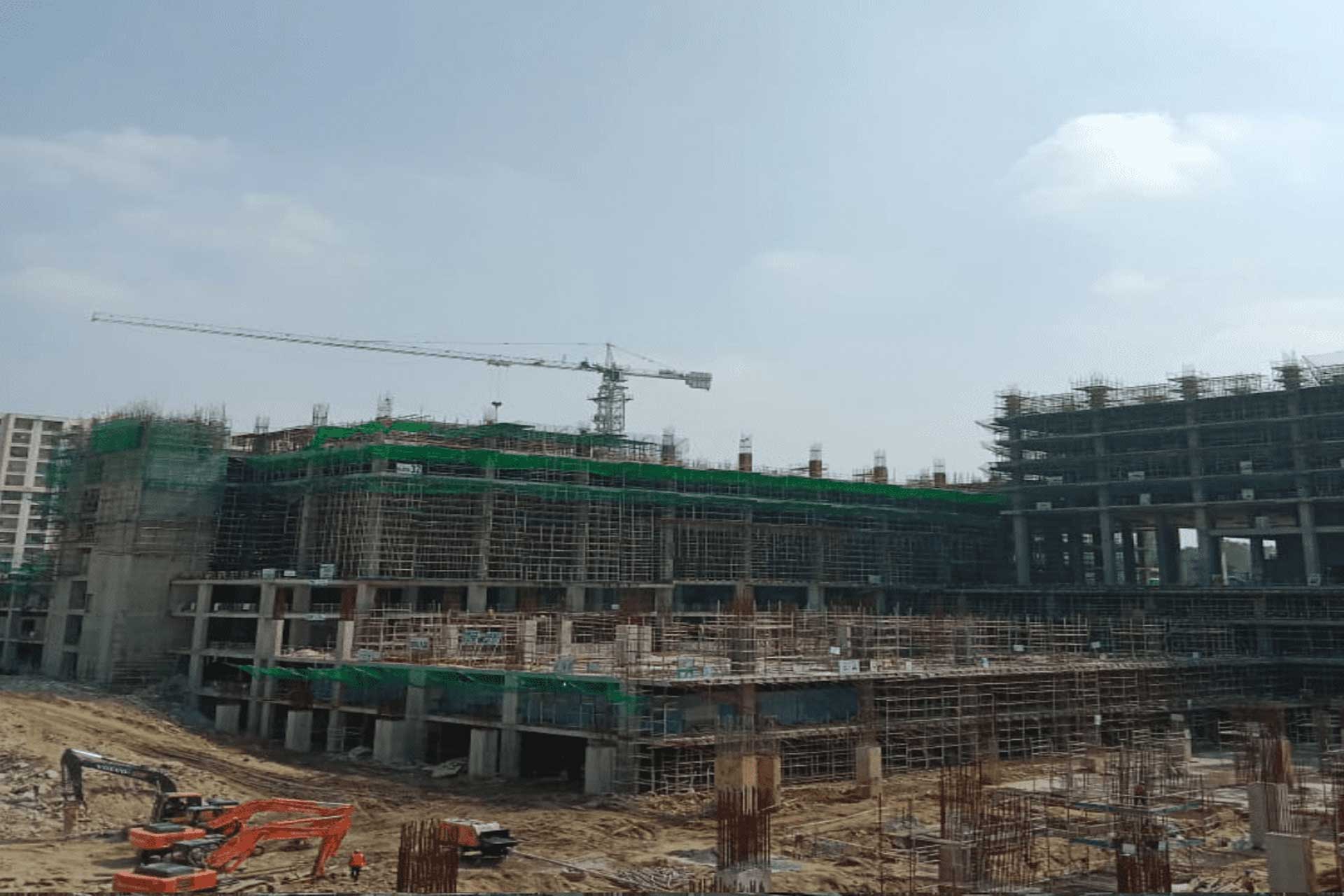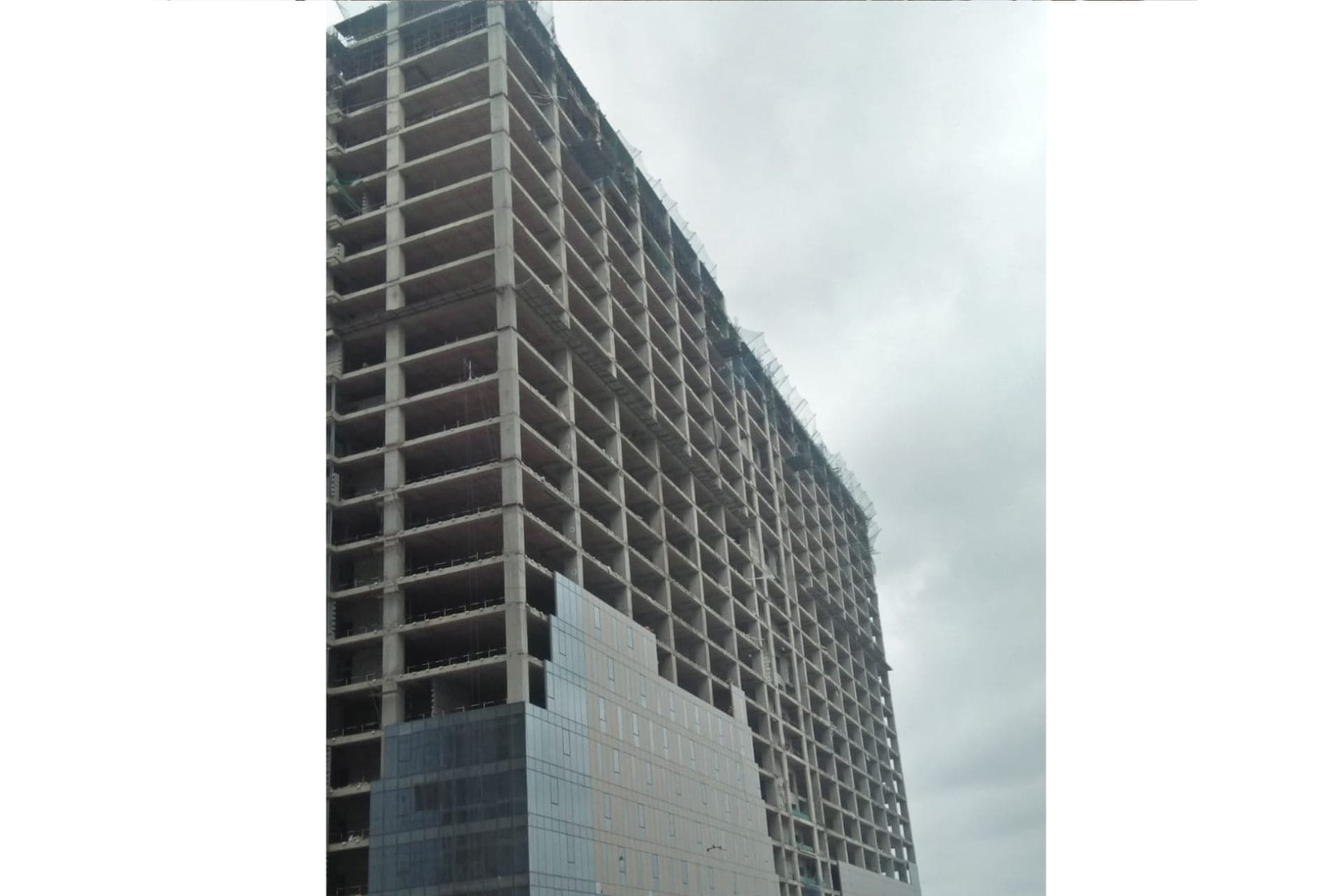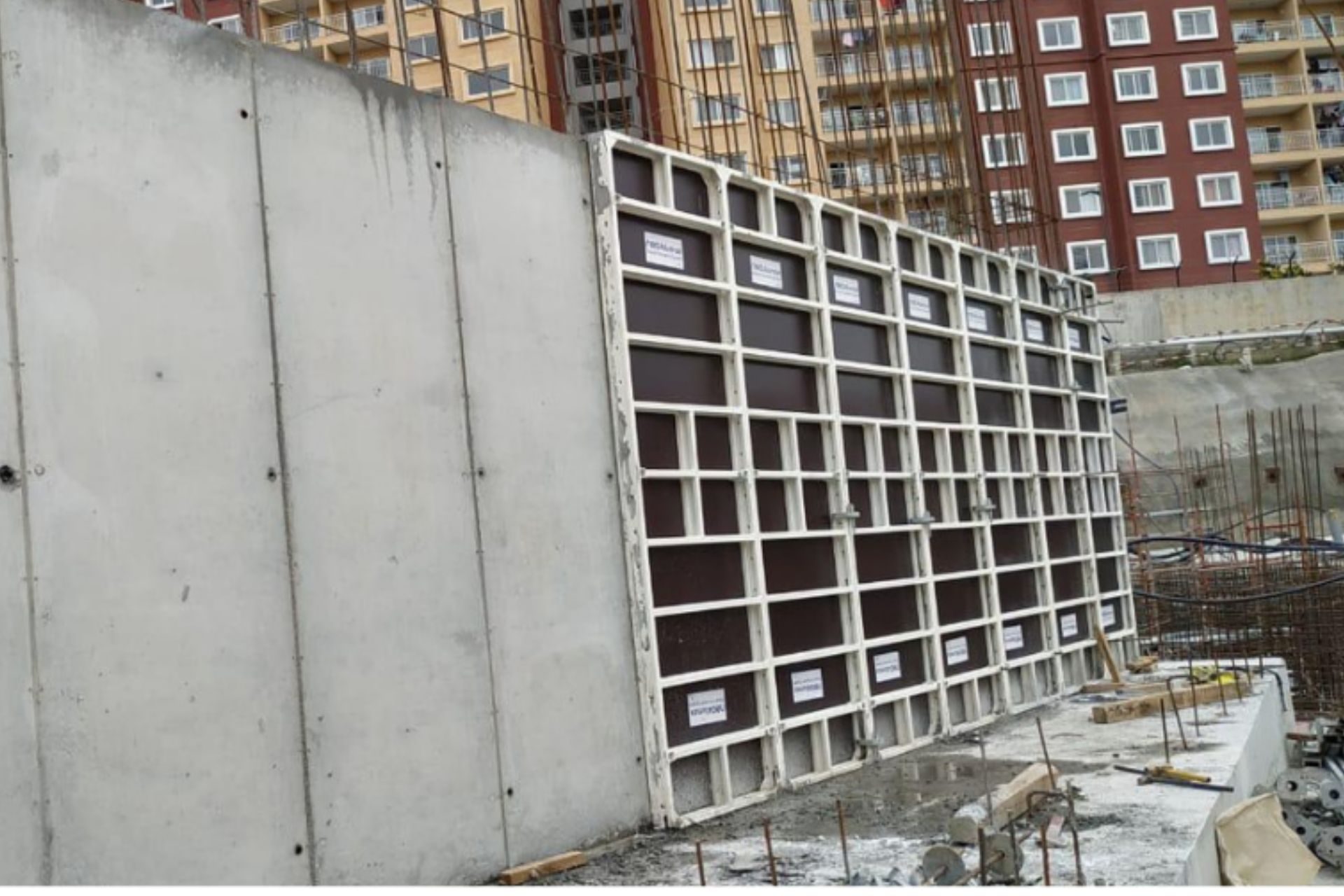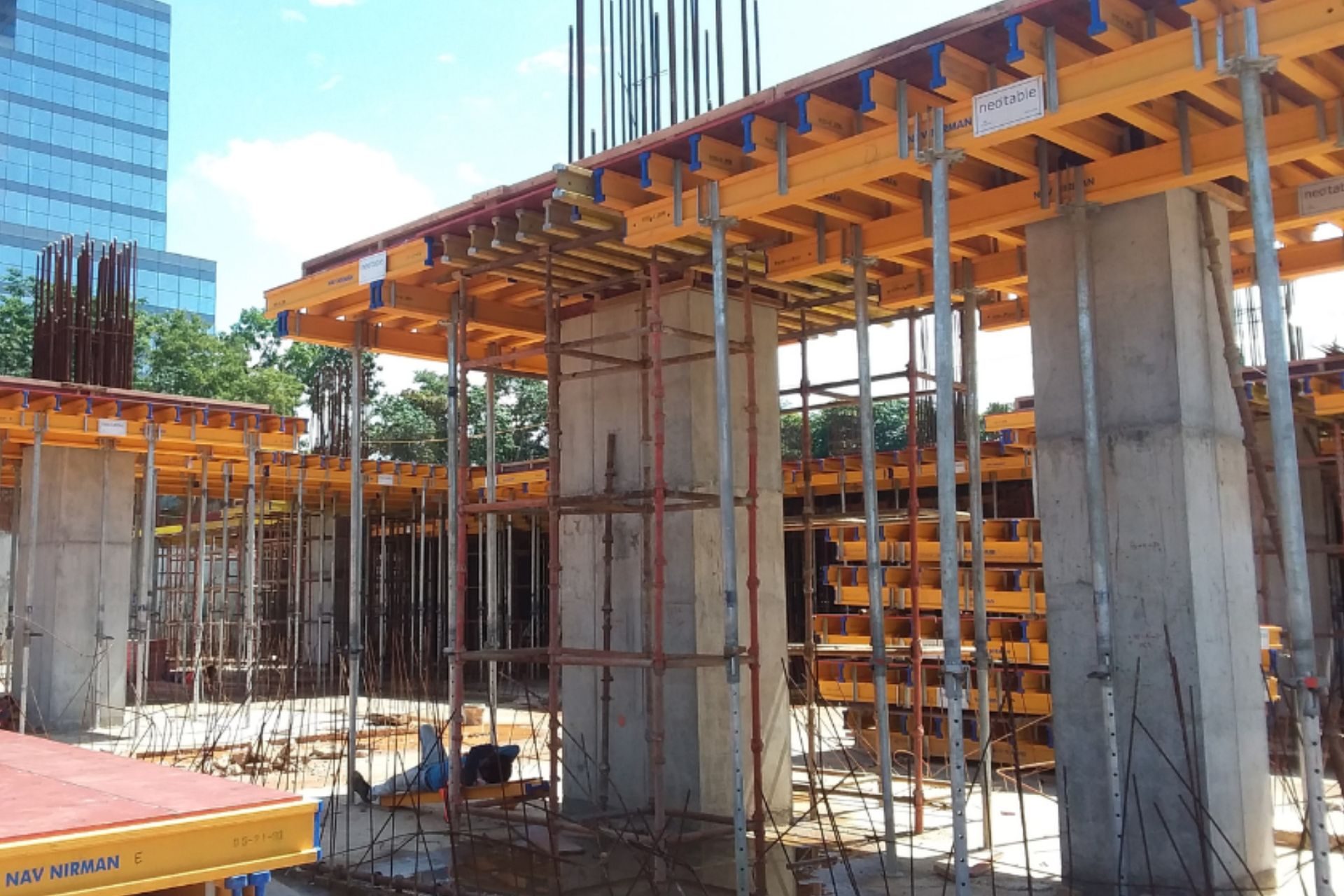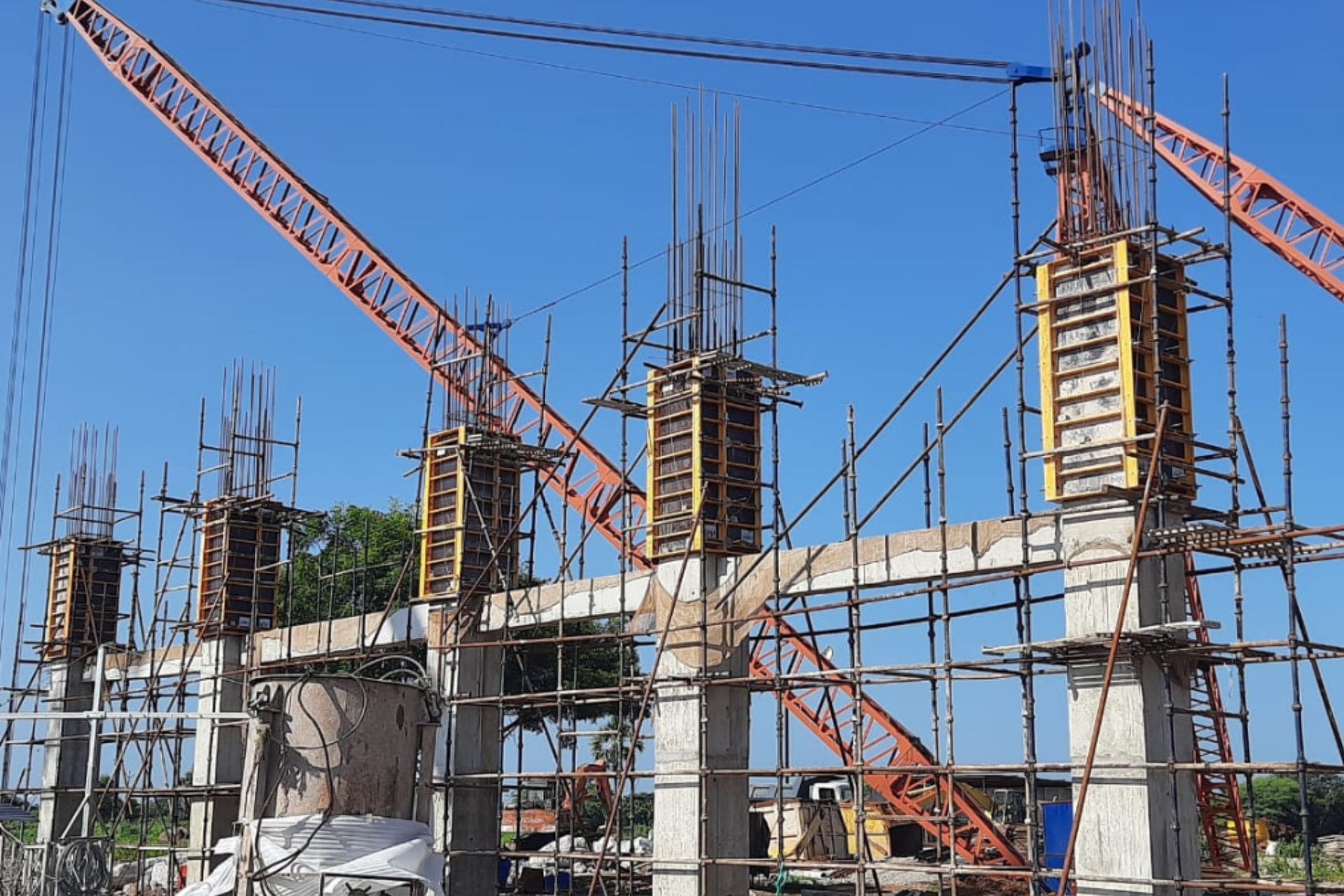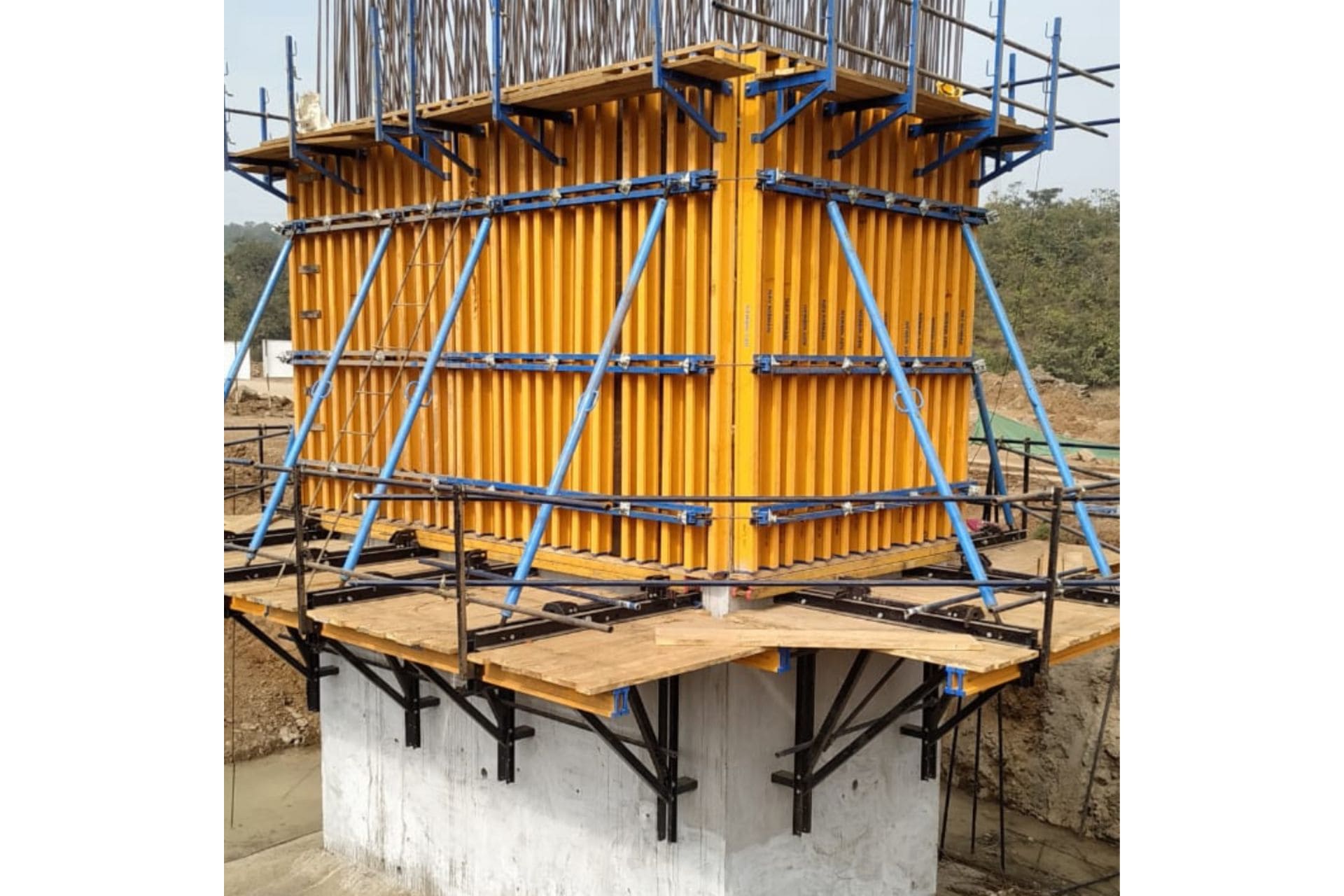ABOUT US
Established in 2003 – NAVNIRMAN
Welcome to Nav Nirman, where we take pride in leading the way in Construction Innovation. With more than 20 years of experience in creating formwork systems, we’re dedicated to providing top-notch products and services to our valued clients worldwide. Our focus on quality, precise engineering, and making our customers happy has earned us a top spot in the formwork manufacturing industry.
READ MORE

